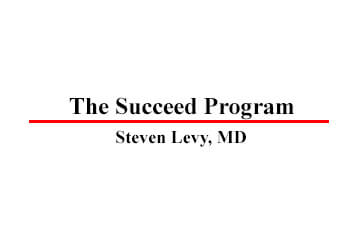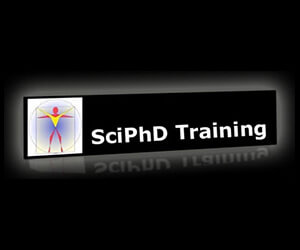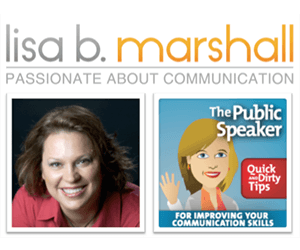The career service for life scientists with advanced degrees.
The largest Job Board for scientists
with advanced degrees
Browse Job by Category
Job Listings by Company
All the information an advanced scientist
will need for Job Search
Job Search Tools
Over 20 career path categories,
representing over 100 career paths
Career Path Tools
Register Now
The only site focused on the needs
of life scientists with advanced
degrees
The largest job board for life
scientists with advanced degrees
The most robust set of materials,
tools, videos on the web
Work with over 40 top Universities
as Official Career Hub

 Log
in
Log
in































